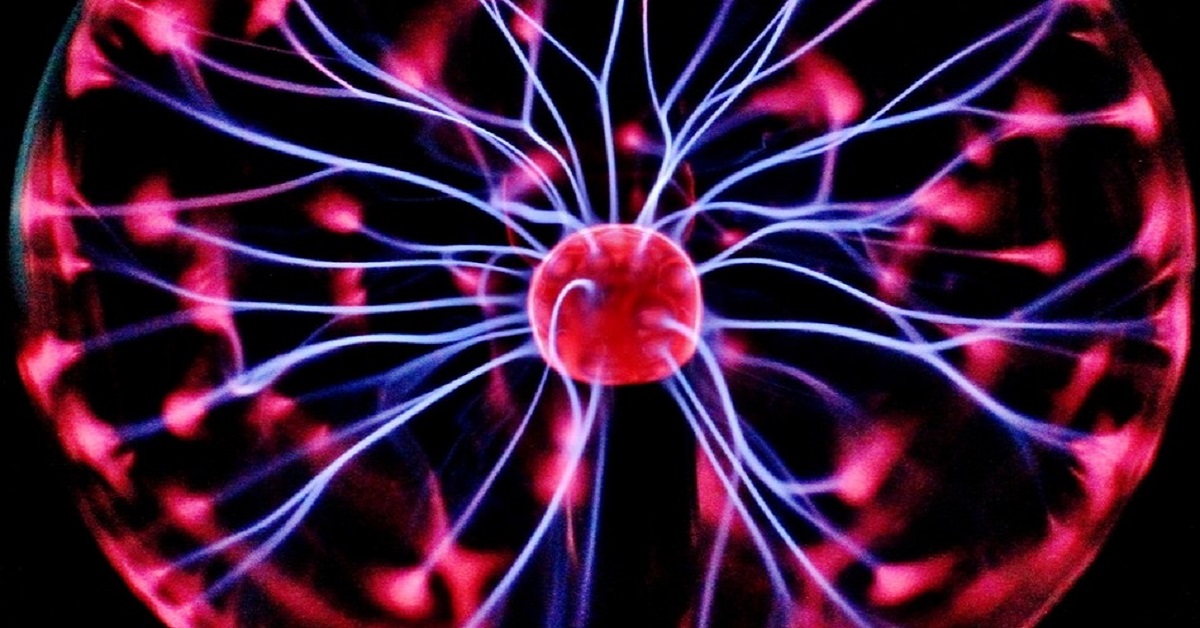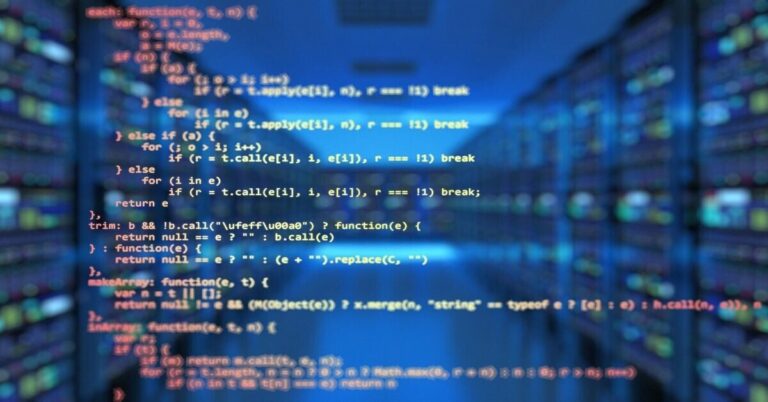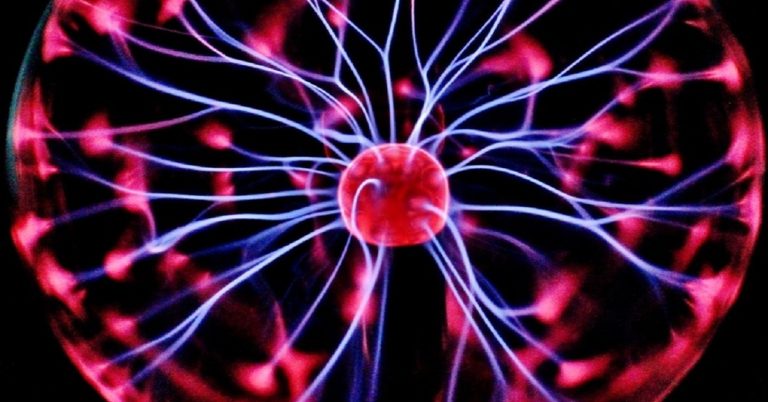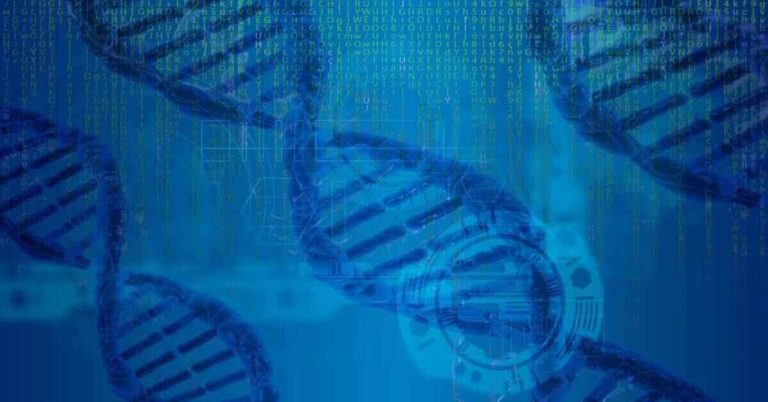What is a Scientific Method?
The scientific method is a systematic process for conducting scientific research. It involves making observations, formulating hypotheses, testing hypotheses through experiments, and analyzing the results. The goal of the scientific method is to collect unbiased, reliable, and reproducible data that can be used to develop theories and explanations of problems.
The scientific method is an essential part of the scientific enterprise and is used by scientists in many different fields, including physics, biology, psychology, and sociology. It provides a framework for conducting scientific research in a systematic and rigorous manner and helps to ensure that the results of scientific studies are reliable and valid.
The scientific method begins with making observations and collecting data. This can involve observing natural phenomena, conducting experiments, or gathering information from existing sources. The next step is to form a hypothesis, which is an educated guess or prediction about the relationship between different variables or the outcome of an experiment.
After a hypothesis has been formulated, it must be tested through experimentation. This involves designing and conducting an experiment that can be used to test the hypothesis. The experiment must be carefully designed to ensure that it is unbiased and that the results can be accurately measured and analyzed.
Once the experiment has been conducted, the results must be analyzed to determine whether the hypothesis has been supported or rejected. This involves looking for patterns and trends in the data and using statistical methods to determine the likelihood that the results were due to chance. If the hypothesis is supported by the data, it may be accepted as a valid explanation of the phenomena being studied. If the hypothesis is not supported by the data, it must be revised or rejected.
Overall, the scientific method is a systematic and rigorous approach to conducting scientific research. It allows scientists to collect unbiased and reliable data, and to develop theories and explanations of natural phenomena based on that data.






